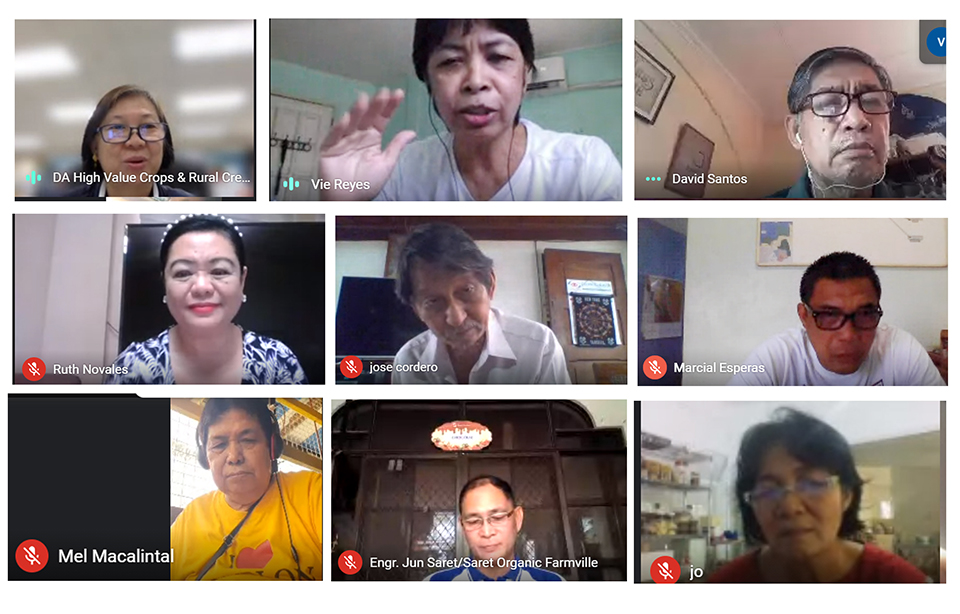
In a continuous call to support local coffee farmers, the National Banner Program Committee (NBPC) on High Value Crops-Coffee and Cacao warned the public to be cautious in buying coffee products which are imported but are being passed on as locally produced or unknown of origin.
“Imported coffees are labelled as Benguet, Sagada, Kalinga and Barako. Talamak na po ang mga imported na kape na available online at ginagamit din ng mga local roasters natin, both big and small, na pinapangalanan na locally produced”, said NBPC on HVC Coffee and Cacao member and Philippine Coffee Alliance head Vie Reyes.
The issue was raised during the virtual meeting of NBPC on September 21 with Department of Agriculture (DA) representatives, led by Undersecretary for HVC and Rural Credit Evelyn Laviña, and other coffee and cacao private sector stakeholders.
The Committee proposed to the DA, in coordination with the Department of Trade and Industry, to impose measures such as traceability and labelling on imported coffee beans and to develop other measures to protect the local coffee industry and the consumers. According to the Coffee and Cacao Industry Roadmap, in 2019, the Philippines had imported more than 73 million US dollars worth or a total of 36,879 tons of coffee, mostly from Vietnam, Malaysia and Indonesia.
Reyes also added that consumers right now are not aware if the coffee products they buying are locally produced or imported. With this set-up, she mentioned that there will be a direct impact to the local coffee farmers because imported coffee is cheaper as compared to the locally produced green coffee beans.
While SOCCSKSARGEN, Davao Region, and Bangsamoro Autonomous Region in Muslim Mindanao are considered as the top producing regions for coffee, it was noted that the coffee production, area planted, and number of bearing trees have declined for the past three years.
Aside from the proposed policy recommendation passed by the Committee, Usec. Laviña also proposed to the Philippine Council for Agriculture and Fisheries to facilitate data gathering, research and coordination about the concern.
“This is a complete staff work and we need to bring this immediate concern to the Inter-Agency Task Force Committee on Food Security, wherein the Agriculture Secretary is the head. We just need data to support it”, added Usec. Laviña. ###JC











